Navigation
- Introduction
- Water Filtration Hurdles for Renters: A Viable Solution?
- Which Water Filter is Right for Your Apartment? A Comparative Overview
- What Do Filter Certifications Really Mean?
- Making the Right Choice for Pure Water in Your Apartment
Introduction
If you're living in an apartment, you've probably wondered about the tap water. Is it clean? Is it safe to drink? The truth is, while tap water generally meets basic standards, it can still contain impurities that many of us would prefer to avoid. But when you're renting, major installations aren't always possible, and you need a solution that works with your lease and your life. This article is your go-to resource for finding out why water filtration matters for renters and which options-specifically reverse osmosis systems-fit into apartment living without the hassle.

Water Filtration Hurdles for Renters: A Viable Solution?
Most apartment renters are severely limited to installing traditional water filtration systems. Nearly all lease agreements explicitly prohibit altering the property, which forbids permanent changes that most complete water purification systems would require. That means, even if a landlord would allow it, the impermanence of a rental situation makes investing in such installations less appealing.

Limited space in rental units frequently dictates the type of water filters renters can comfortably accommodate. Under-the-sink reverse osmosis systems, while typically out of sight, still require significant under-counter rooms which might not be available in more compact kitchens. Although small water pitchers take up little space, their filtration ability is limited and cannot fully tackle the contaminants in tap water.
In addition to spatial considerations, economic factors also play a role in a renter's choice of water filtration. With the transient nature of renting, tenants may hesitate to invest heavily in permanent fixtures. The upfront costs and potential maintenance fees associated with larger, more complex systems can be deterrents, steering budget-conscious renters towards more affordable, portable filtering options that can move with them and reduce the need for technical servicing.
Which Water Filter is Right for Your Apartment? A Comparative Overview
| Filter Type | Filtration Effectiveness | Price Range | Space Required | Installation Complexity | Maintenance Frequency |
| Water Pitcher Filters | Basic - Good for chlorine and some chemicals | $20 - $50 | Minimal - Fits in fridge or on counter | None - Fill and pour design | Replace filter every 2 months |
| Refrigerator Filters | Moderate - Removes common contaminants | Filter: $30 - $50 | None - Integrated into fridge | None - Comes built-in with fridge | Replace filter every 6 months |
| Gravity-Fed Filters | High - Catches a variety of contaminants | $250 - $400 | Moderate - Requires counter space | None - Set on countertop | Change filter every 6-12 months |
| Countertop Reverse Osmosis Systems | Very High - Comprehensive removal including heavy metals, microplastics and pesticides | $250 - $500 | Moderate - Needs countertop space | None - Just plug in and use | Replace RO membrane every 2 years; other filters every 6-12 months |
Each type of water filter presents its own advantages and possible drawbacks. For tenants, weighing these aspects against personal needs and the specifics of their living situation is crucial. If your primary concern is taste and odor, a simple pitcher might suffice. However, for complete and healthy protection against a wide array of potential contaminants, a countertop reverse osmosis system provides a sophisticated solution without the complexity of installation, making it a standout choice for renters.

What Do Filter Certifications Really Mean?
When you're on the hunt for a water filter, the array of certifications can be overwhelming. Understanding these certifications is key to ensuring you're getting a filter that does what you need it to do.
Water Filter Certifications
Water filter certifications are assurances from independent organizations that the filters meet specific safety and performance standards. These certifying bodies test water filters against established industry criteria to ensure they reduce certain contaminants effectively.
Here's what to look for:
- NSF International: A well-known certification body that sets industry standards for water filtration systems. Look for NSF Standard 42 for aesthetic effects like taste and odor, NSF Standard 53 for health-related contaminants, and NSF Standard 58 for reverse osmosis systems.
- ANSI: The American National Standards Institute collaborates with NSF to develop the standards for water filtration systems.
- WQA: The Water Quality Association also provides certifications and is dedicated to representing the residential, commercial, and industrial water treatment industry.
Each certification mark should list not just the standard number but also the specific contaminants that the filter is verified to reduce.

The Right Certification for Your Needs
Before choosing a filter, decide which contaminants you are most concerned about. Lead, for instance, requires a filter certified to remove it, typically under NSF Standard 53. If you live in an area where agricultural runoff is a concern, you'll want a filter that deals with pesticides and herbicides.
For renters, especially those looking into countertop reverse osmosis systems, paying attention to certifications is crucial. A quality reverse osmosis system should have:
- NSF Standard 58 Certification: This indicates that the system can handle a spectrum of contaminants, including lead, arsenic, certain pharmaceuticals, and more.
While some pitchers and fridge filters have certifications for specific contaminants, comprehensive systems like reverse osmosis often cover a broader range and hold multiple certifications, providing an all-in-one solution for various impurities.
Making the Right Choice for Pure Water in Your Apartment
Of the many ways to get cleaner water as an apartment renter, the countertop reverse osmosis system comes out on top when considering the combination of high filtration effectiveness with manageable space requirements and ease of installation. Although more expensive up front, its long-term benefits and wide contaminant removal spectrum justify such an investment, more so considering the peace of mind that comes with multiple certifications, including NSF Standard 58. Your specific water concerns and filter certifications, balanced against the practicalities of apartment living, will lead you to the best choice, ensuring every glass of water poured into your home is as pure and safe as possible.
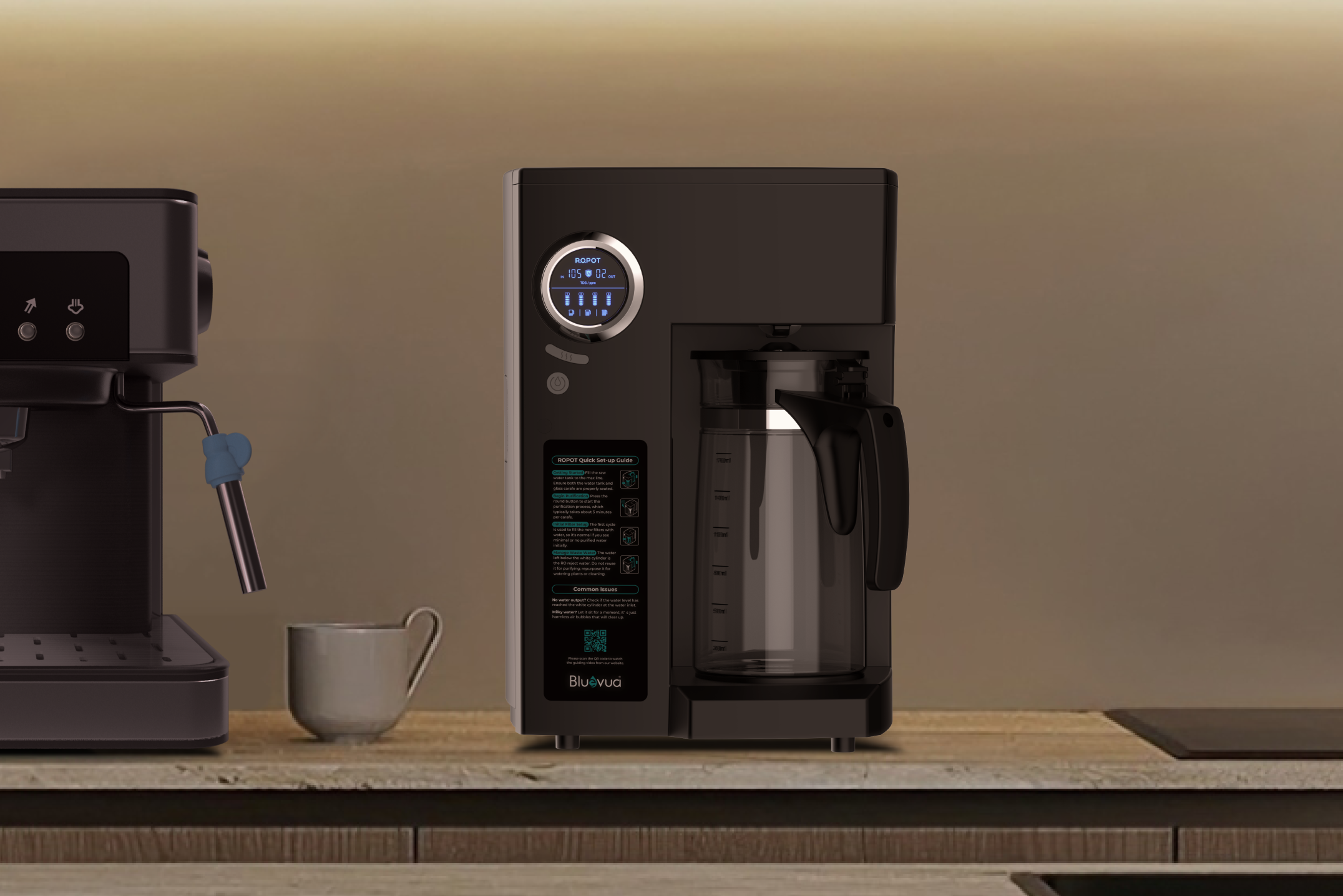
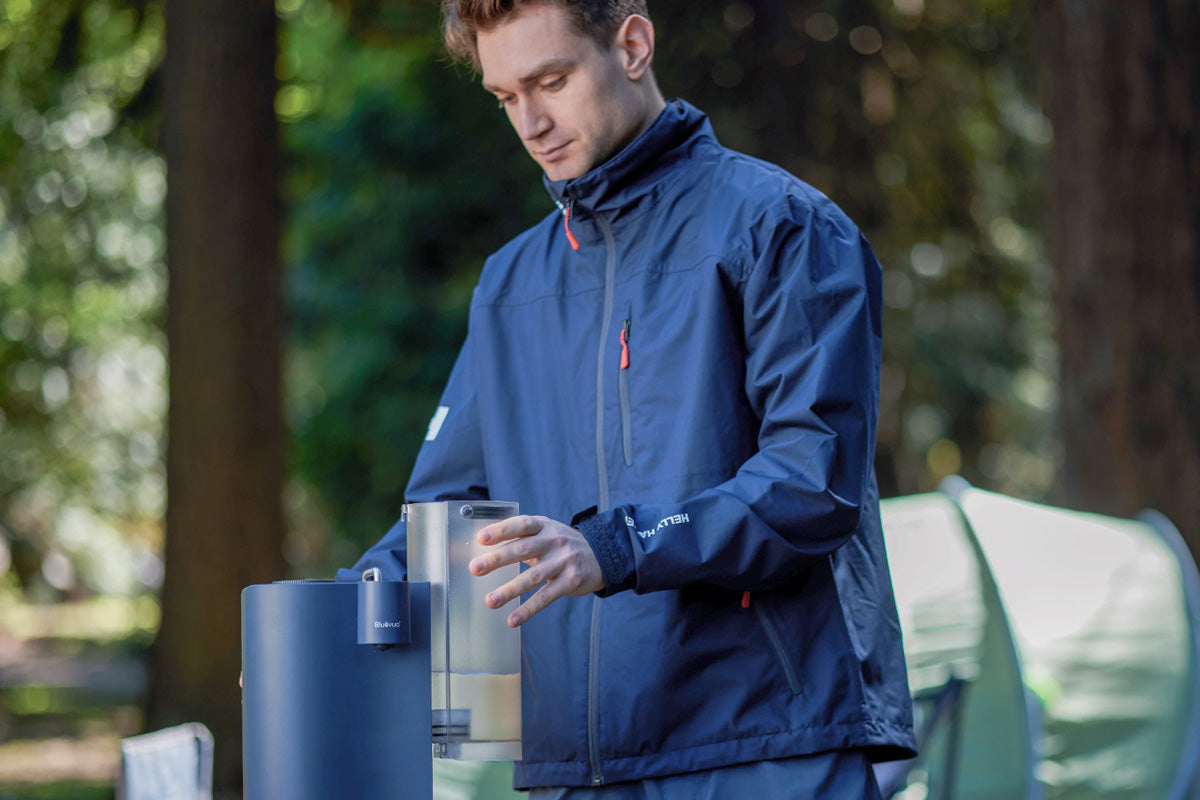
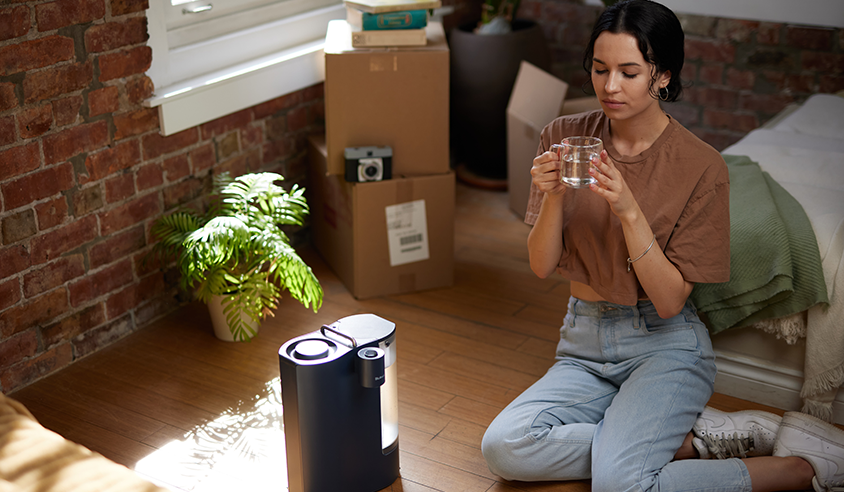
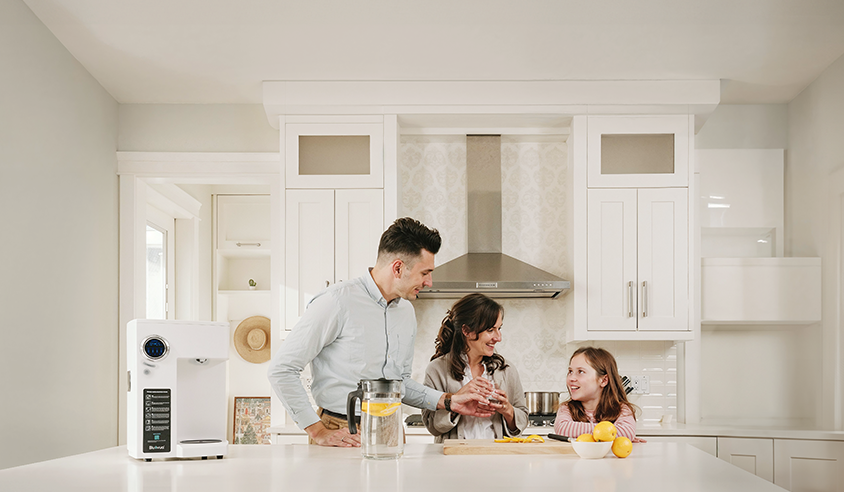
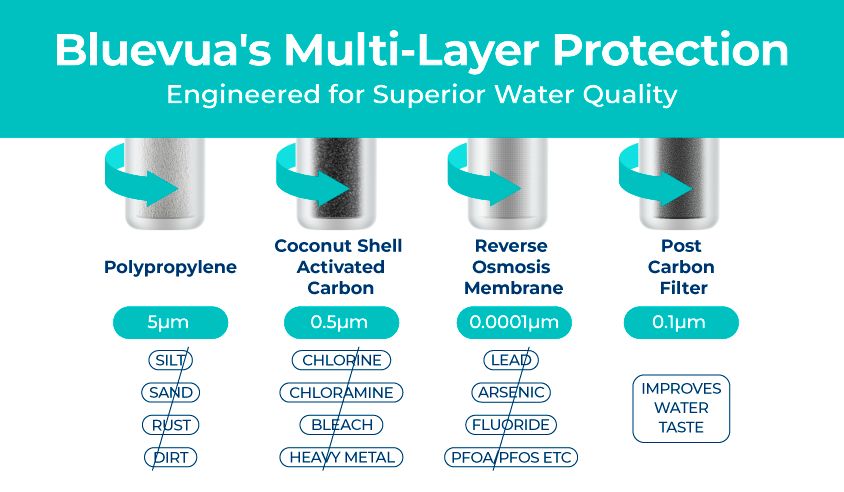
Leave a Comment
All comments are moderated before being published.
This site is protected by hCaptcha and the hCaptcha Privacy Policy and Terms of Service apply.